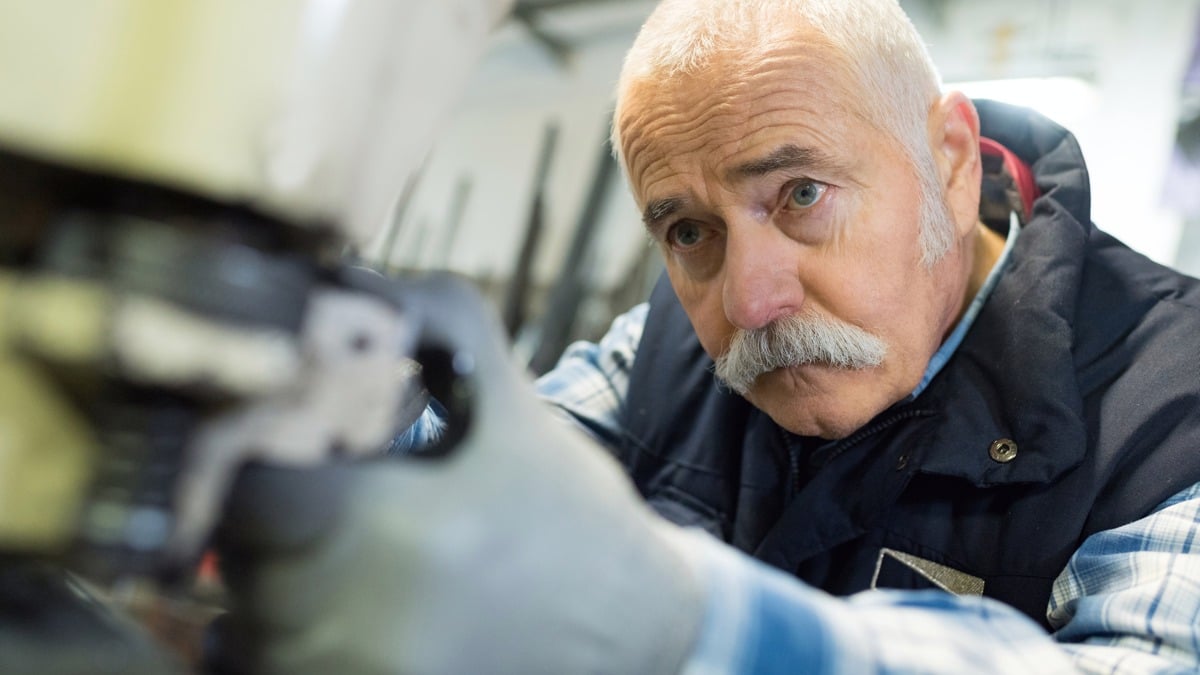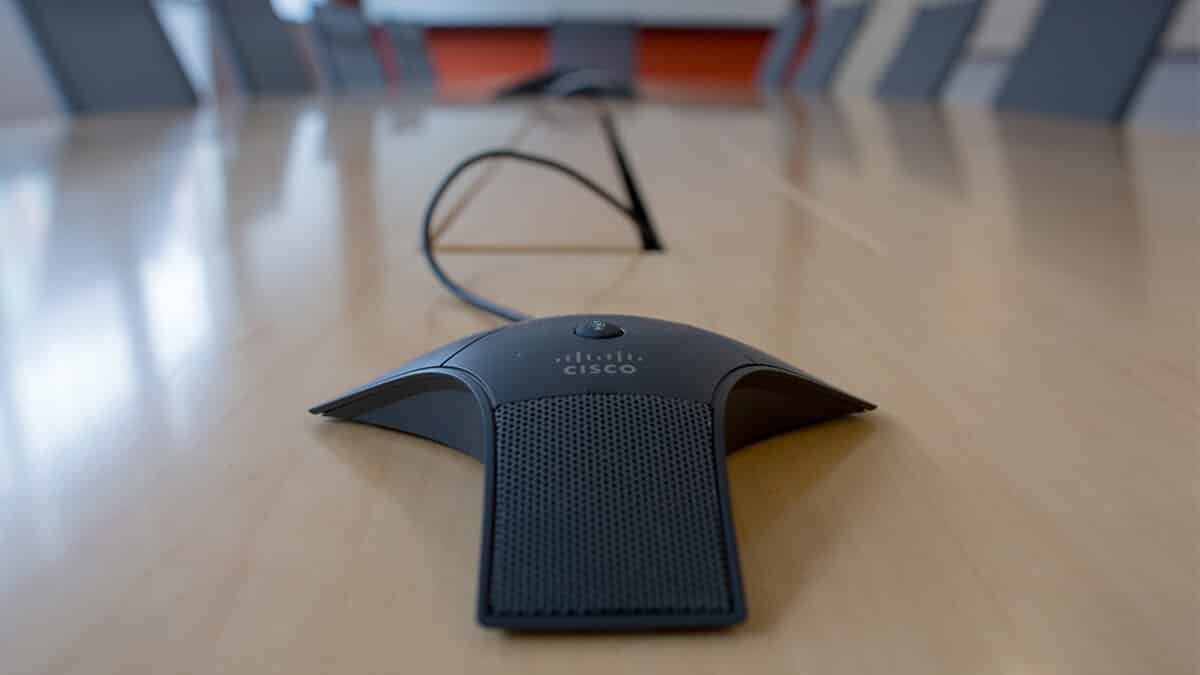In this guide
Retirement these days is an ever-changing landscape. As more Australians are living longer, healthier lives, our attitudes towards retirement continue to shift.
No longer viewed as the end of a career and a well-earned rest from working, retirement now represents a new chapter – one that offers flexibility, choice and opportunities to redefine ourselves, our sense of purpose, and our relationship to the world.
While there is still a significant proportion of older people who feel they lack sufficient funds to retire, we know that many seniors are choosing to work for longer by choice. Maybe not fulltime, but they enjoy being in the workforce and being part of a team. They like the kind of social engagement having a job brings and feel they still have much to offer.
Whether by necessity or desire, some people continue working full or part time into their late 60s and 70s. Others retire but decide to return to work, perhaps start a business, in an area they find more satisfying. Others might consult in their area of expertise or start a side gig.
More flexible rules now allow people to work for longer. You can retire at 60, access your super, and later return to work. Or you can work limited hours and still receive the Age Pension under changes to the work bonus.
Read more about accessing your super.
Learn more about the work bonus.
Research from Colonial First State found many older Australians would delay retirement up to ten years if they were able to switch careers and achieve a better work-life balance. One in three aged 45–65 are considering a career change in the next few years.
Based on a national survey of 2,247 Australians, including 430 retirees, the Rethinking Retirement Report found that 83% want flexible access to their money in retirement when they need it. Most plan to continue working into their later years with less than a third saying they plan to stop working at retirement age.
Is 80 the new 60?
Former journalist, publishing executive and TV personality Ita Buttrose seems anything but old and frail. Now 82, she stepped down from her role as Chair of the ABC in March 2024. “Sometimes the badges we wear as we get older seem to be a signal to people that there’s a frail human being,” she told an audience at the Aged Care Research and Industry Innovation conference last year.
“I look anything but frail and I think the perception people have of anyone that’s older is that we have a use-by date, we’re useless, we can’t learn things. It’s the negativity about ageing that spoils it for everybody. Just because you’re getting older doesn’t mean you change inside.”
Three-time Olympian and four-time gold medallist Dawn Fraser is another Aussie icon challenging our beliefs about ageing. She also spoke at the conference, saying she still views herself as young because she refuses to let herself feel or act old.
“I’m 86 this year and I feel 68,” she said at the 2023 conference. “I always turn my age around when people ask me my age and they say, ‘Oh you don’t look that’. If you want to be old, you can stay old, but I don’t want to be old. I want to grow gracefully old.”
Switching careers after 50
In a bid to keep working but on their own terms, many over-50s are starting up their own businesses. Some are doing the same kinds of work they’ve done throughout their careers, while others are heading in an entirely different direction and doing something they’ve always wanted to try.
Dubbed ‘seniorpreneurs’, these experienced individuals are now the fastest growing sector of entrepreneurs in Australia, contributing $11.9 billion to the economy annually. They talk about the flexibility that starting their own business gives them and see themselves less as retirees, but as people still evolving and becoming who they truly want to be.
Director of the Council on the Ageing NSW (COTA) Joan Hughes says there are several drivers causing seniors to take a leap of faith and start up their own business later in life. “Many want to take on a new challenge. They want to expand on existing skills and learn new ones,” she says.
“Some are unable to find work, or they’ve stopped working full time but want to keep a hand in. Many have held a passion throughout their working lives and are now ready to make it happen. They want to earn extra money but, most importantly, they want to stay engaged in their communities.”





